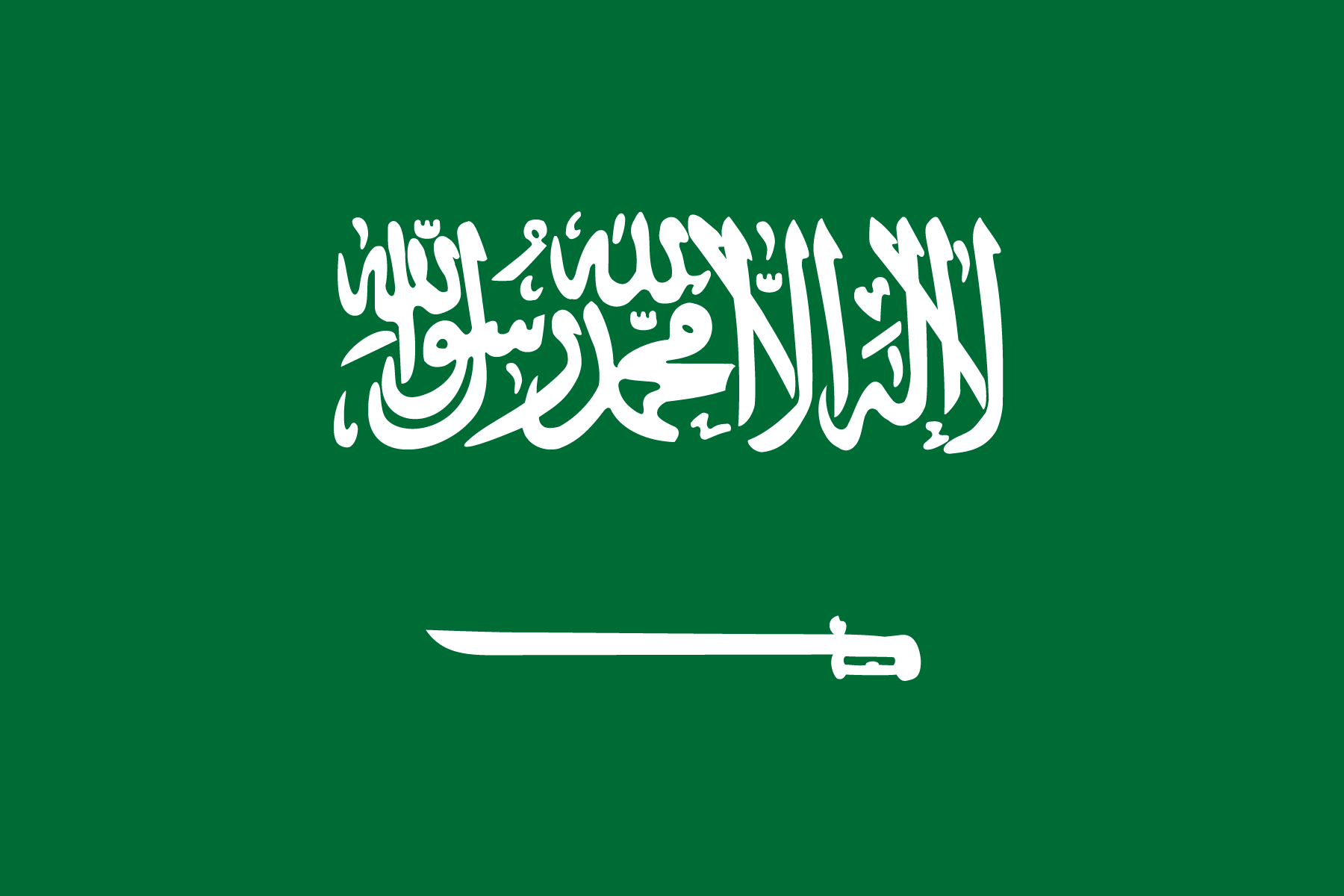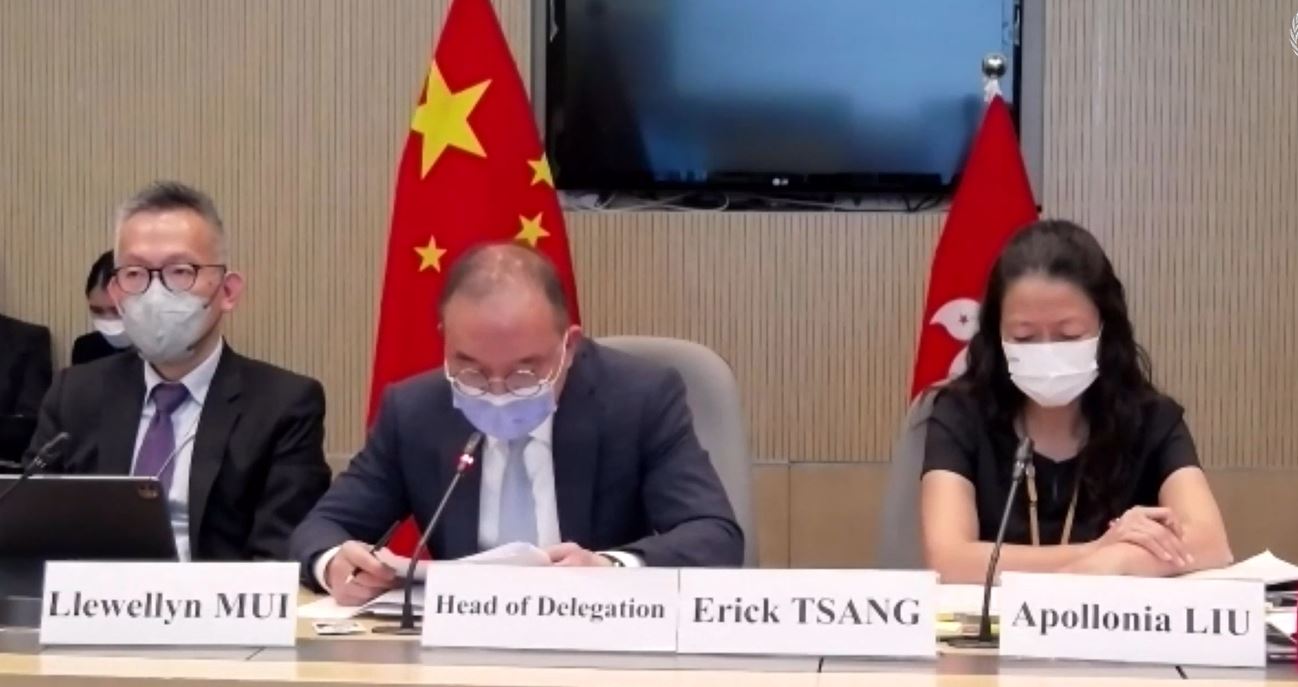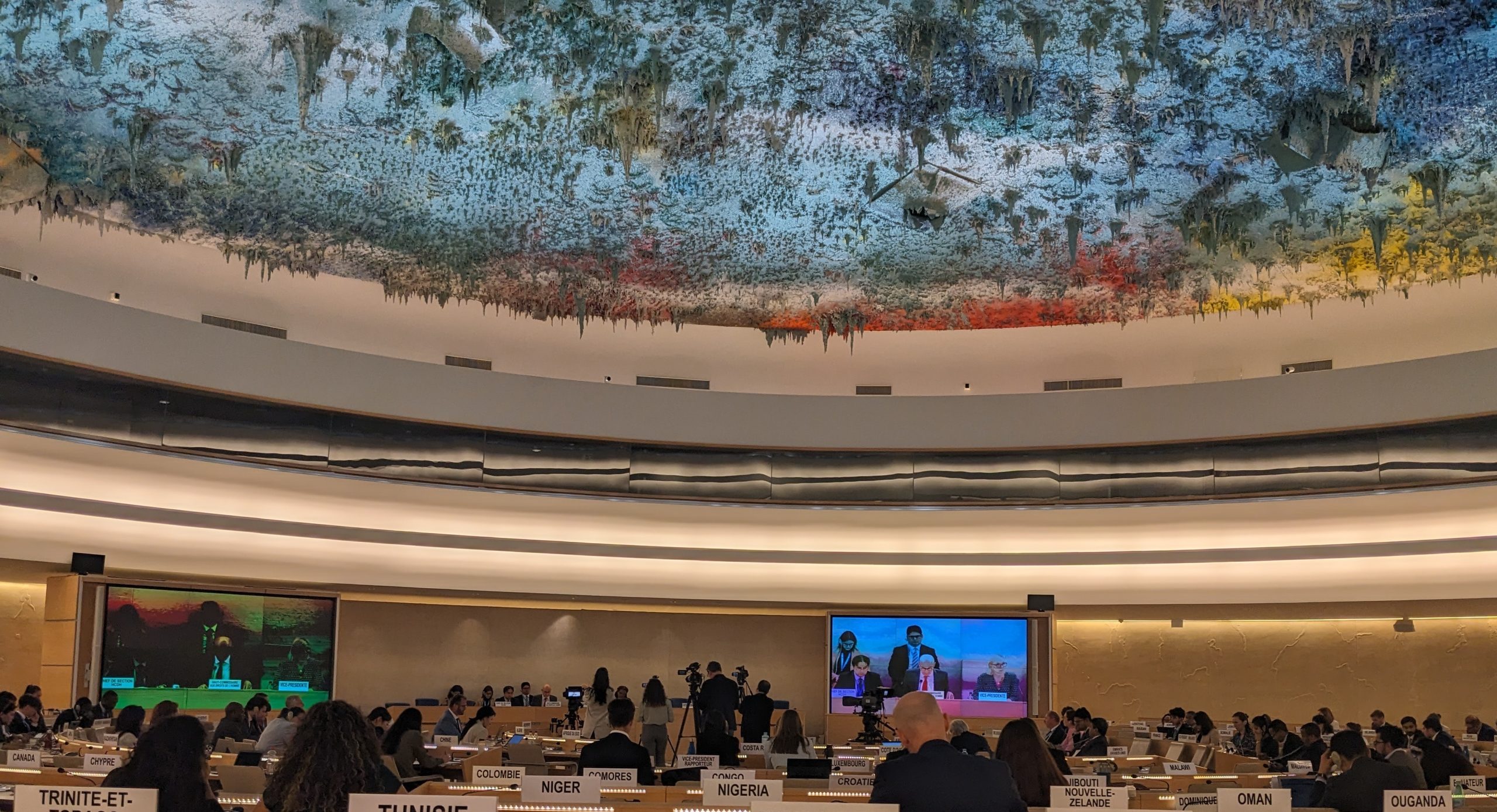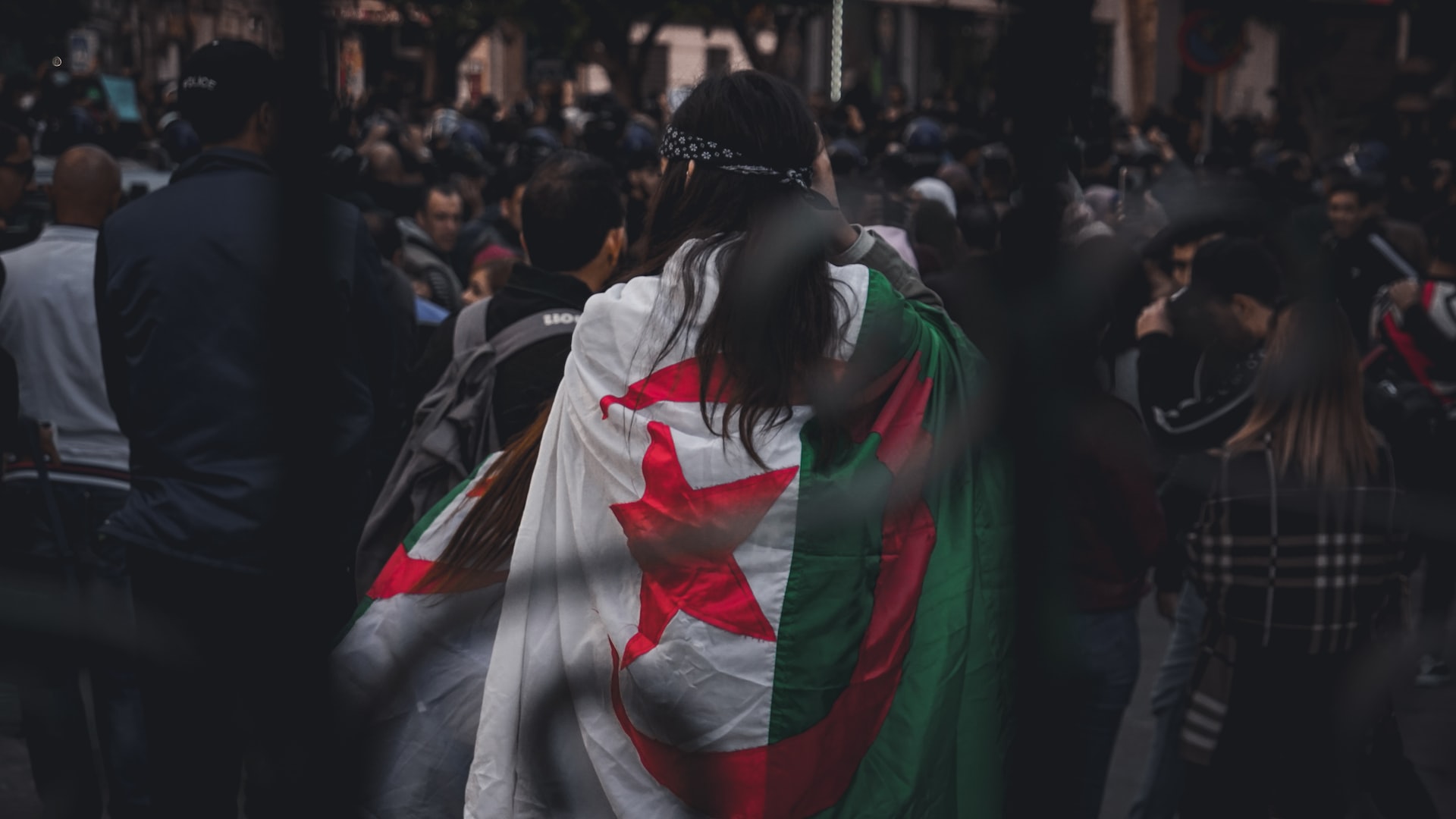A delegation from Hong Kong, led by Secretary for Hong Kong and Mainland Affairs Eric Tsang, was under the microscope this month in Geneva at the UN Human Rights Committee. Experts on the Committee, the body charged with reviewing implementation of the International Covenant on Civil and Political Rights (ICCPR), engaged in robust questioning of the territory’s record.
They focused on longstanding concerns with colonial laws still on the books, including laws on sedition, the activities of NGOs, and public demonstrations, and insisted that officials explain the lack of progress since Hong Kong’s last review in 2013. They also focused on the absence of effective complaints mechanisms throughout the government, whether related to anti-discrimination or police violence.
However, for ISHR and other rights groups, these exchanges with the government delegation during Hong Kong’s rights review left much to be desired.
‘Expert Committee members pressed repeatedly for clear answers from Hong Kong authorities, on issues ranging from independent investigations of police violence to the state of rule of law,’ said Sarah M Brooks, ISHR programme director. ‘In return, they got non-answers and Beijing-approved talking points.’
Beyond these core issues, the July 2020 imposition of the National Security Law (NSL) by the mainland Chinese legislature loomed large. Though it includes a provision reaffirming the Hong Kong government’s obligations under the ICCPR, the law has raised a range of concerns. UN independent experts focused on counter-terrorism, freedom of association and assembly, and human rights defenders have sent multiple letters on both the law and individual cases of individuals charged under it, including barrister Chow Hang-Tung, since its entry into force on 1 July 2020.
Their collective inquiries, which were also shared with the Committee, led the UN expert on counter-terrorism and human rights to conclude in February 2022 that ‘the law lacks precision in key respects, infringes on certain fundamental rights, and may not meet the required thresholds of necessity, proportionality, and non-discrimination under international law’.
Experts also asked about the ability of Hong Kong residents to seek remedy for violations committed by mainland actors; the retroactive nature of the charges levied against individuals currently on trial under the NSL; and future legislative projects, including on ‘fake news’, that could pose serious risks to freedom of expression and an open internet.
Again, the delegation stonewalled or failed to provide meaningful responses, save in a few exceptions. For example, the UN’s own summary pointed to some progress in protection of same-sex couples from discrimination in the area of visas and housing.
‘Most worryingly’, said Sarah Brooks, ‘Hong Kong officials refused to answer a simple question: whether activists engaging in the review could do so without fear of being prosecuted under the National Security Law or other retaliation.’
The ability of civil society to engage with the UN is protected in international law, and a threshold issue for any state claiming to take seriously their commitments under the human rights framework. However, the broad and ambiguous definitions in the NSL leave open the possibility that such important work could be considered ‘collusion’ and, therefore, criminalised.
At the end of the three days, the session closed with these and many other questions inadequately addressed, or not answered at all. In the coming days, the Committee will continue to consider all information before it, including from independent civil society actors. Its recommendations to Hong Kong will be publicly announced before the end of July.
‘The Committee’s experts have done a phenomenal job already in pushing past gaslighting and diplomatic workarounds,’ said Brooks. ‘The recommendations should be seen as a set of mileposts for the Hong Kong government to bring itself back on track, and for the UN and the rest of the international community to hold them to account when they fall short.’




